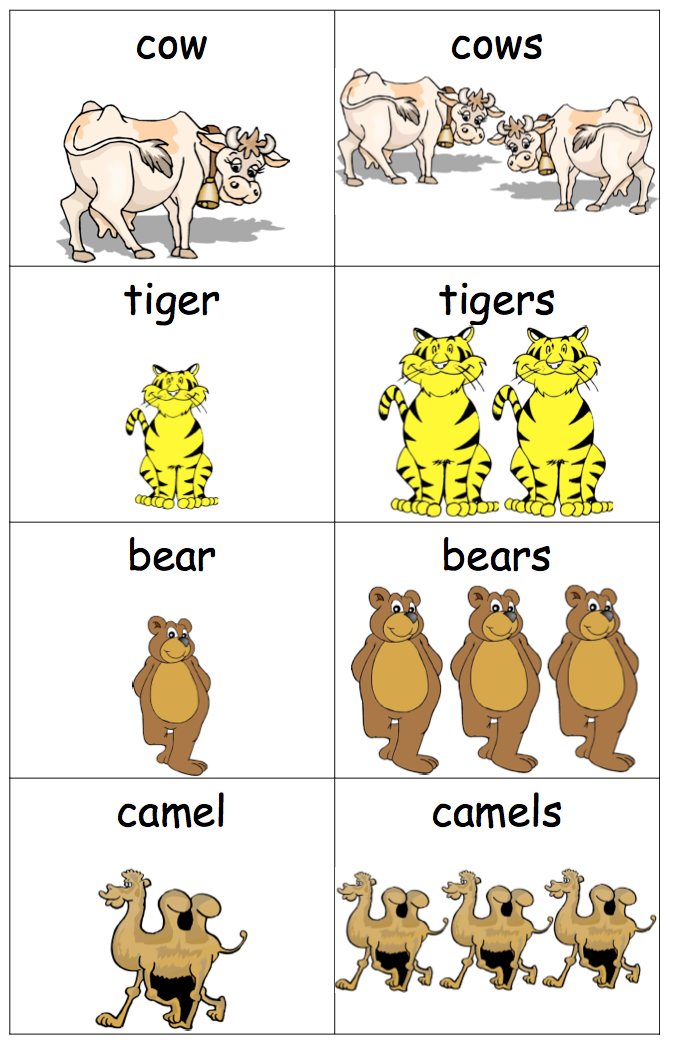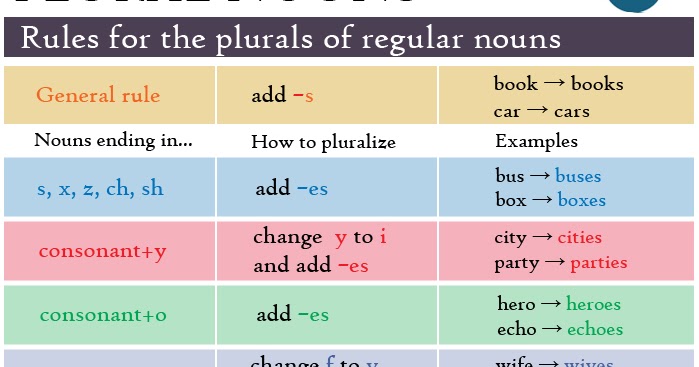
Our subscribers' grade-level estimate for this page:
“There are more than 25 different people s in the European is a user-supported site.Īs a bonus, site members have access to a banner-ad-free version of the site, with print-friendly pages. Be careful: If you use ‘ people’ in the singular or with ‘ s’ at the end in its plural form, then the word refers to ‘nation’ or ‘ethnic group’:. “There are more than 200 people waiting because the flight has been cancelled.”. people (plural of ‘person’) this is a collective noun :. “There are a lot of cattle in the meadow.”. “The girl is talking to the policeman.”. Information: If you refer to a single police officer, it is possible to use ‘policeman’, for example:. Some words give the impression of being singular, but they are used like plural nouns and, consequently, also with plural verbs:. 
For that reason, it needs to be taken into account that these nouns always require verbs in the plural.

In addition, some English nouns are plural but do not have an ‘ s’ at the end and may, therefore, easily be confused with singular nouns. Particularities of nouns only used in the plural
“The British like to drink tea in the afternoon.”. the English, the British, the French, the Spanish, the Dutch, the Welsh, etc.:. Some nationalities are also only common in the plural form (which means only with plural verbs):. “Where are the scissors? Have you seen them?”. “My doctor says that I have to wear glasses.”. In the same way, words that describe a pair (two parts) are only used in the plural:. “ Wages have increased during the last few years.”. Some examples of nouns that only exist in the plural:. 
Compare some respective nouns and their usage accordingly: However, some exceptional nouns belonging to this group have a singular form, which differs in its meaning. In consequence, these do not have a singular form and are called pluralia tantum (singular: plurale tantum) in professional jargon.

In the English language, there are some nouns that exist only in the plural. What nouns can only be used in the plural (explanation)?








 0 kommentar(er)
0 kommentar(er)
